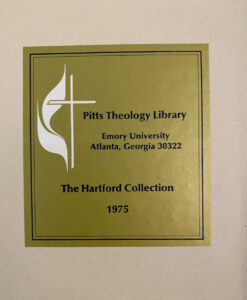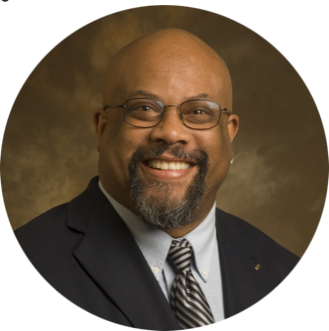
Circulation Services Coordinator, Myron McGhee, helps patrons find the circulating materials they need at Pitts and facilitates many of the events held in our spaces. In his off time, what is Myron reading to stay entertained?
First on Myron’s list is Chaser: Unlocking the Genius of the Dog Who Knows a Thousand Words. Any dog owner can attest that their furry friends can understand human language, but few have pursued that as far as retired psychology professor John Pilley. Chaser, Pilley’s Border collie, has learned over a thousand words and sentences, including grammatical elements, and has pushed the limits of our knowledge of animal intelligence. The incredible story of Chaser is a great read for anyone interested in how we learn, play, and communicate.
Besides the book, there are countless news stories and videos documenting Chaser’s grasp of language, so be sure to check those out as well if you want to learn more!
Chaser is available at Emory Libraries and the Dekalb County Public Library.
Myron’s second recommendation comes from Professor Emeritus of Church and Community, Luther E. Smith, Jr. In his newest book, Hope is Here! Spiritual Practices for Pursuing Justice and Beloved Community, Smith guides individuals and communities through five spiritual practices to experience the power of hope for pursuing justice and beloved community. The book explores topics central to what Smith calls “the work of hope,” like “racism, mass incarceration, environmental crises, divisive politics, and indifference that imperil justice and beloved community.” In this volume, Smith provides a practical, honest, and compelling resource for facing the challenges that accompany social change.
Hope is Here! is available for pre-order for a November 7, 2023, release date. In the meantime, you can learn more about this book at the Westminster John Knox Press website. Pitts will have this book on our shelves when it is released this fall, so keep an eye out!
Stay tuned for more summer reading recommendations from the staff and faculty of Pitts and Candler! New blogs are posted every week of the summer.

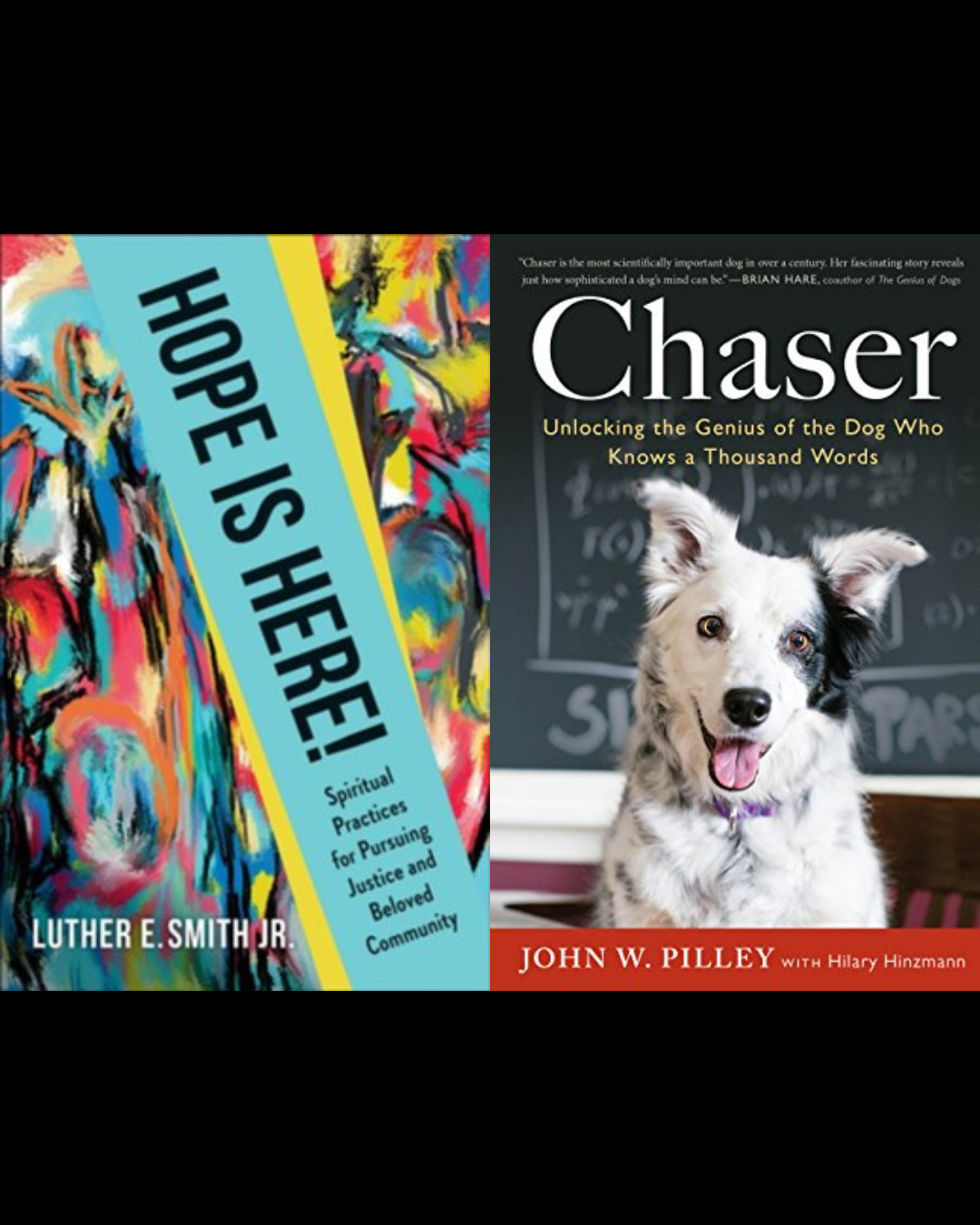
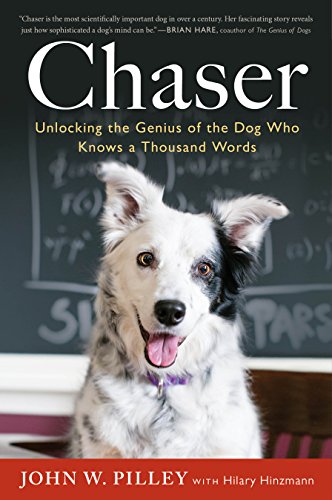


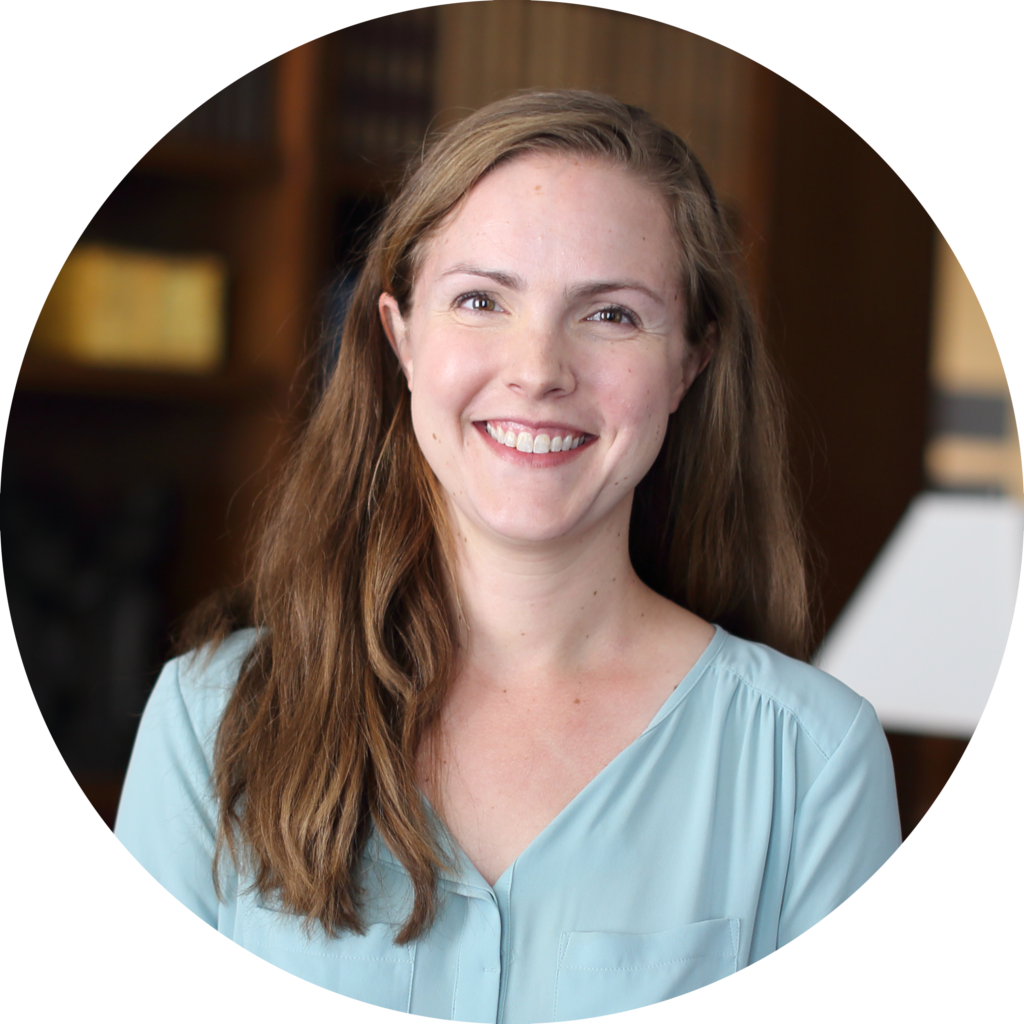

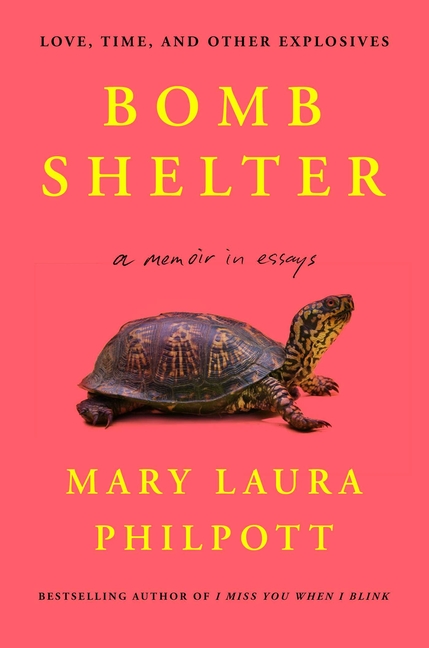
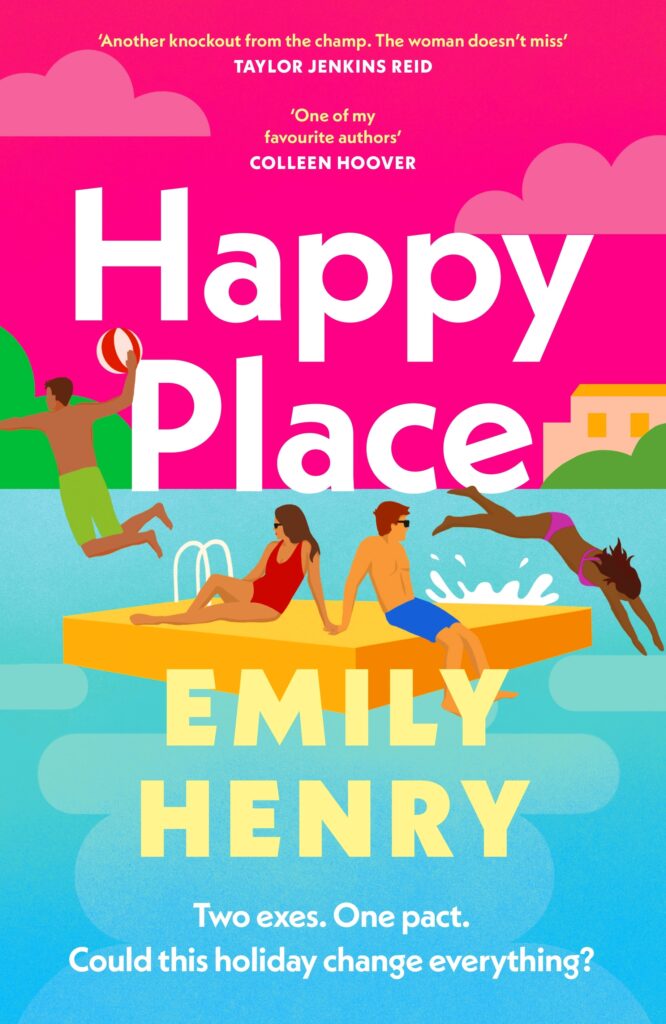
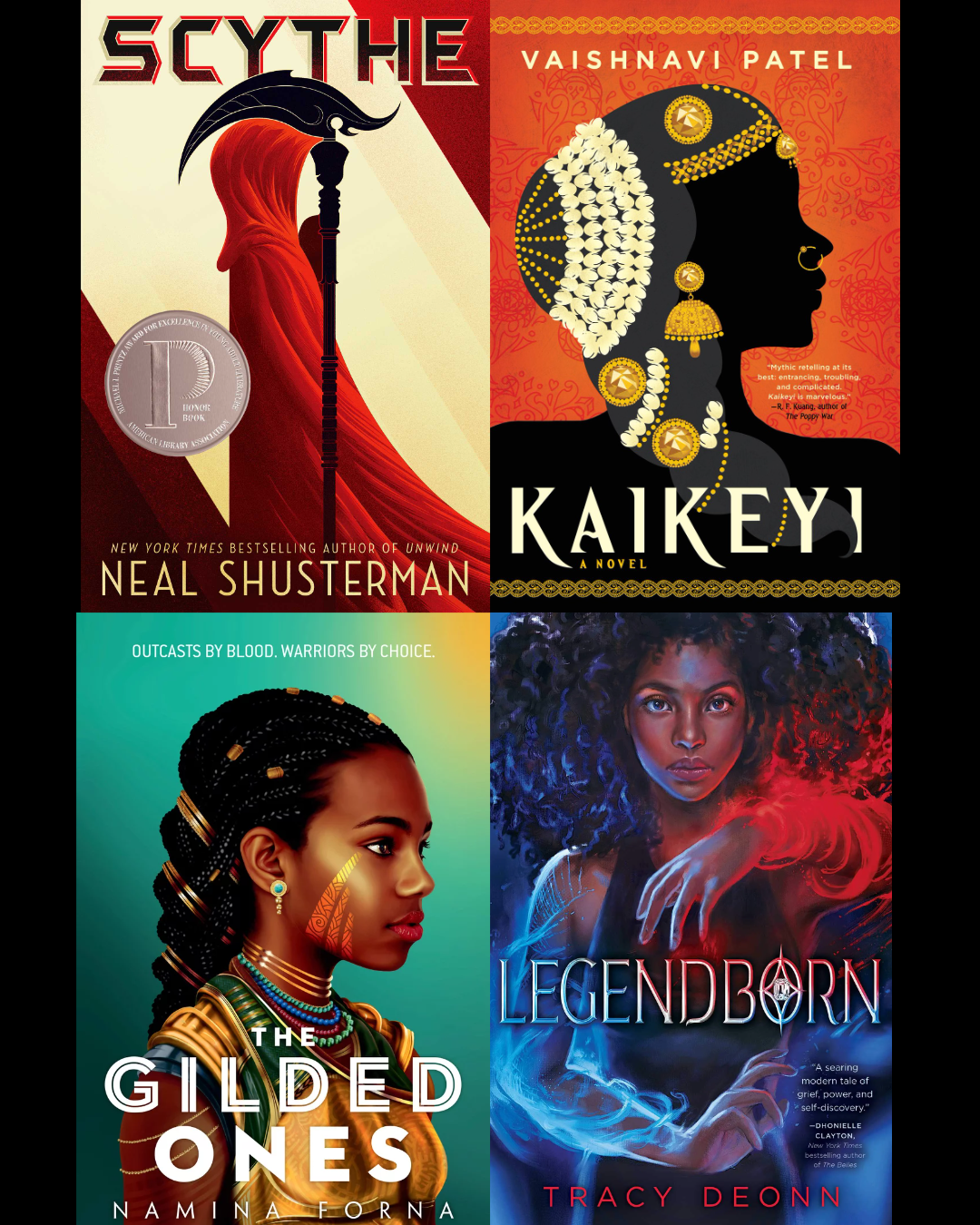
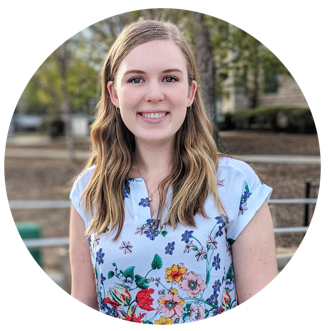
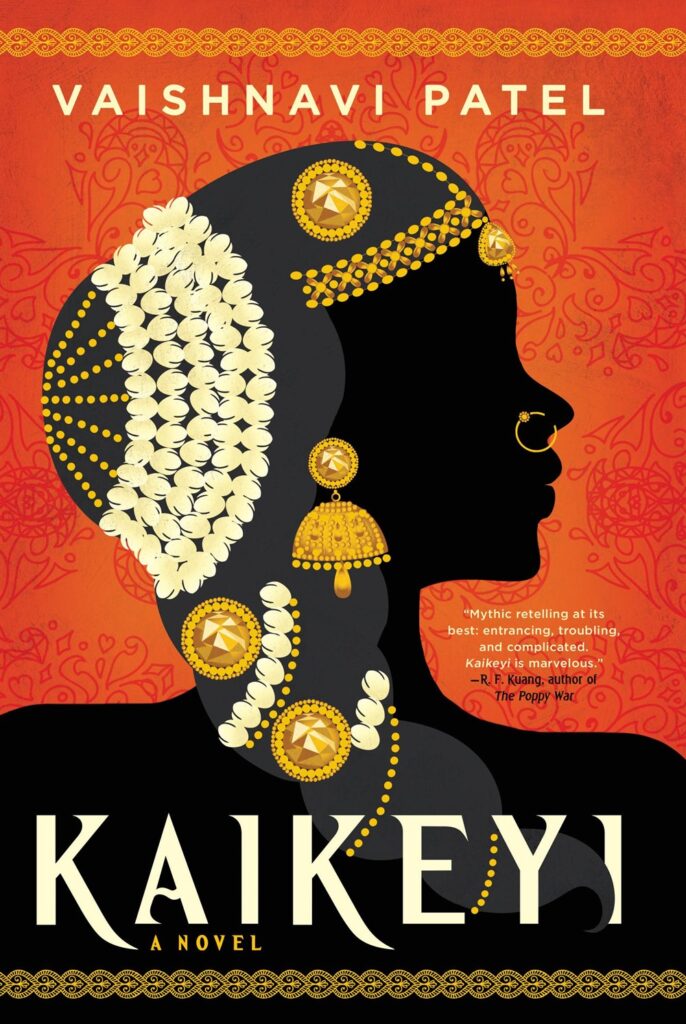

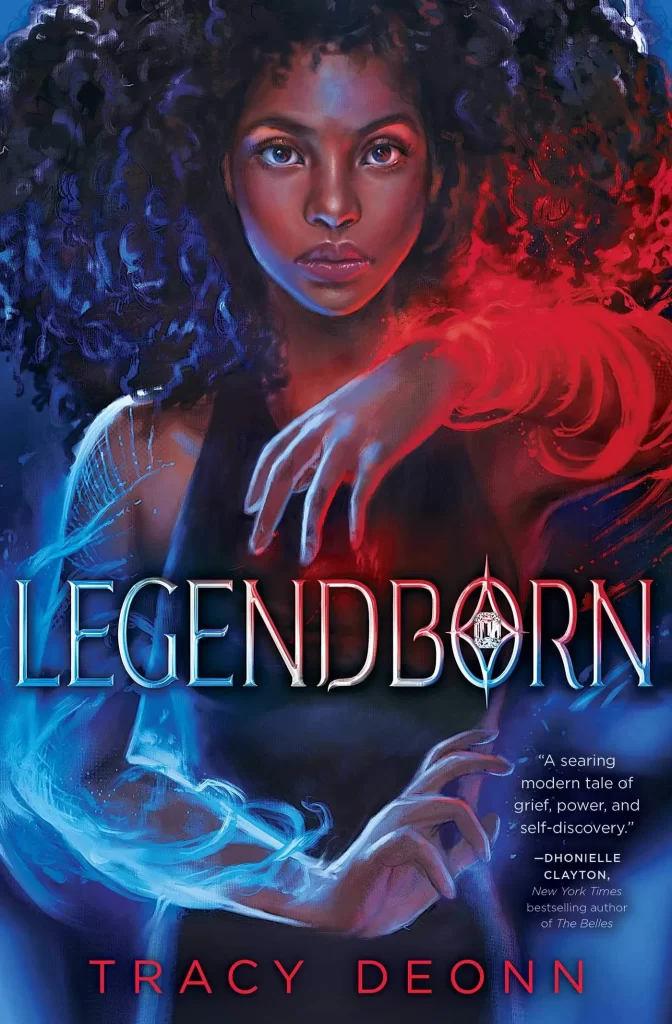
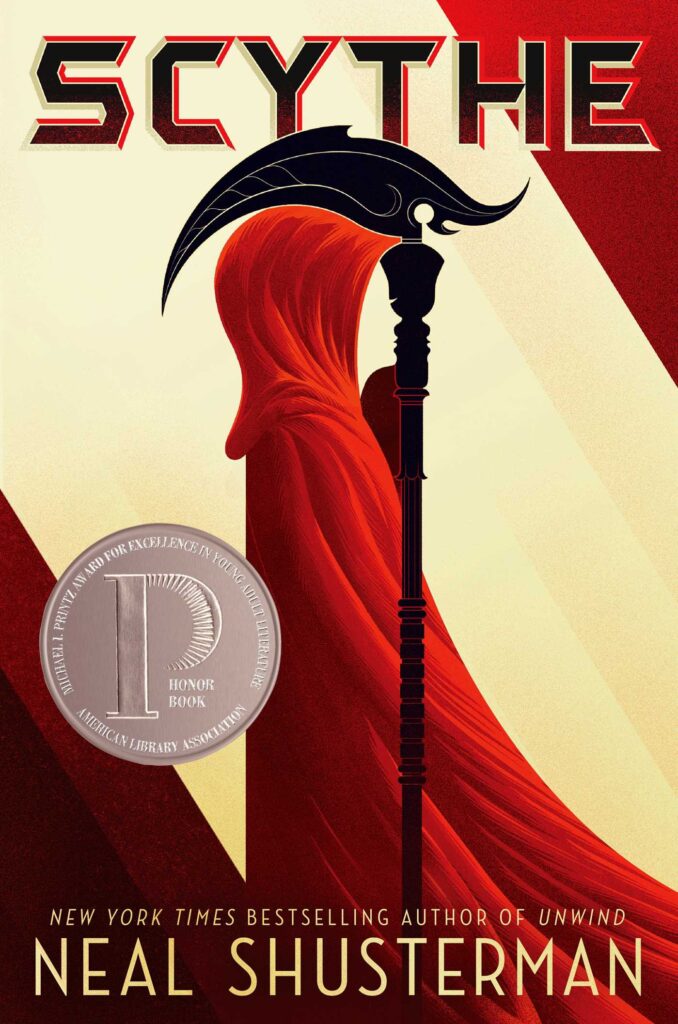
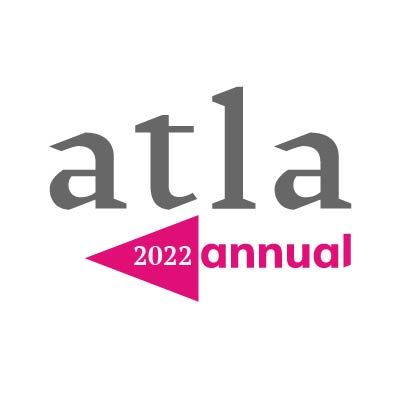
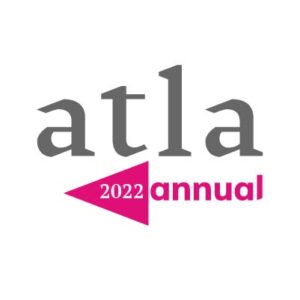
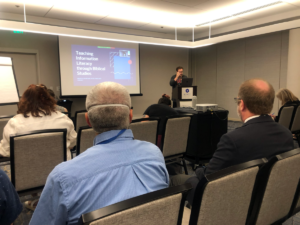 Presentations from Pitts representatives were very well attended and incredibly well received. Brady Beard taught a 45-minute session on teaching information literacy through Biblical studies. He showed how he uses the
Presentations from Pitts representatives were very well attended and incredibly well received. Brady Beard taught a 45-minute session on teaching information literacy through Biblical studies. He showed how he uses the 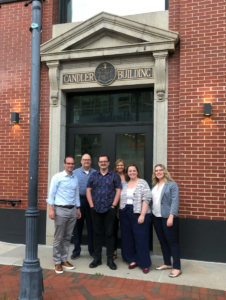
 After 32 years of service, Fesseha Nega is retiring from the Cataloging Department at Pitts Theology Library. First hired in May 1989, Fesseha has been the longest serving staff member of the Theology Library. He has served under 3 Library Directors (Channing Jeschke, Pat Graham, Bo Adams), 4 Seminary Deans (James Waits, Kevin LaGree, Russ Richey and Jan Love) and 5 University Presidents (James Laney, William Chace, James Wagner, Claire Sterk and Gregory Fenves). During this time, he has also seen and met some remarkable people who have passed through the seminary in one capacity or another, including Archbishop Desmond Tutu and Stacey Abrams, who used to visit the library as a child while her parents were pursuing degrees at Candler.
After 32 years of service, Fesseha Nega is retiring from the Cataloging Department at Pitts Theology Library. First hired in May 1989, Fesseha has been the longest serving staff member of the Theology Library. He has served under 3 Library Directors (Channing Jeschke, Pat Graham, Bo Adams), 4 Seminary Deans (James Waits, Kevin LaGree, Russ Richey and Jan Love) and 5 University Presidents (James Laney, William Chace, James Wagner, Claire Sterk and Gregory Fenves). During this time, he has also seen and met some remarkable people who have passed through the seminary in one capacity or another, including Archbishop Desmond Tutu and Stacey Abrams, who used to visit the library as a child while her parents were pursuing degrees at Candler.